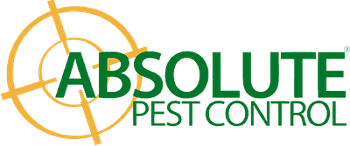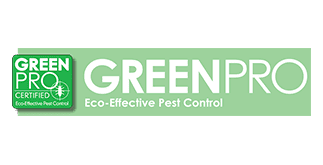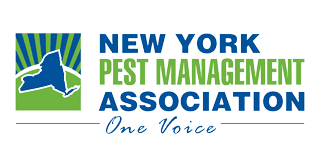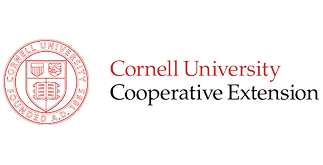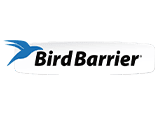Termites are responsible for more repair bills paid out by American homeowners than any other pest you're likely to encounter in your home. Over 600,000 homes are infested by these lumber destroyers every year, to the tune of $5 billion dollars in damages.
While most other pests making their way into your home are interested in the contents of your pantry or a few drops of spilled sugary drink, termites feed on cellulose, making the bones of your home, the lumber that's the actual structure of your floor, walls, and roof, look like an all you can eat buffet to them.
In their natural environment, termites enrich the soil and prevent forest fires by processing dead and diseased trees. Still, once they make their way into your home, termites become incessant, 24/7, and no lunch breaks lumber destroyers.
Let's learn a bit more about these insects and their life cycle, how to spot evidence of termites in your home, and what experienced Albany pest control professionals recommend as effective termite control and prevention strategies.
What Is A Termite Swarmer?
Termites are small, communal insects that live in colonies with clearly defined, purpose-oriented casts. A termite starts its life as an egg laid by the queen; from there, it develops into a nymph which in turn will become a soldier, a worker, or in rare instances, a winged reproductive, capable of starting a new colony and commonly called a warmer.
Swarmers make their way out of the nest, usually after a rain in late spring or early summer, and look for a suitable place to establish a new colony. Swarmers and queens are the only termites capable of reproduction. They are also some of the longest-lived insects in the colony, with a queen capable of living up to a quarter of a century and a reproductive having a lifespan of up to four years.
How To Identify Termite Damage
Catching a termite infestation in the early stages is the most reliable way to avoid damage to your home. The problem with identifying signs of a termite infestation is that termites are silent as they tunnel through your house and usually come up from the ground straight into your home's structure (especially the termites common in our area-subterranean termites).
Keep an eye out for the following signs of infestation:
- Holes in the wood and small piles of sawdust, the termite frass
- Hollow-sounding lumber and blistering paint
- Shed termite swarmer wings
- Mud tubes leading from the ground to your home
Spotting the signs of termites inside your house early will often give you a head start battling this infestation.
How To Remove Factors That Attract Termites To Your Home
Termites multiply at an amazing rate, with a queen capable of laying more than 30,000 eggs per day, and are very difficult to dislodge once they make camp in your home.
To prevent the infestation try the following:
- Don't allow water to pool by your home's walls
- Make sure the basements and crawl spaces are well-ventilated
- Don't keep firewood stored by the house walls
- Make sure the only wood in contact with the soil is properly treated
- Keep window and door screens in good shape to keep swarmers out
Consider adding a yearly termite inspection as an additional layer of insect protection for your Albany home.
Pro Termite Control Offers Lasting Protection For Your Property
Here at Absolute Pest Control, we have over 35 years of helping Albany residents with their termite and pest control problems. The methods and treatments we use are humane, fast, and effective and will ensure a complete removal of unwelcome pests from your home. If your home is under siege by termites-give us a call today to get started and to learn more about our residential and commercial pest control services in Albany.
